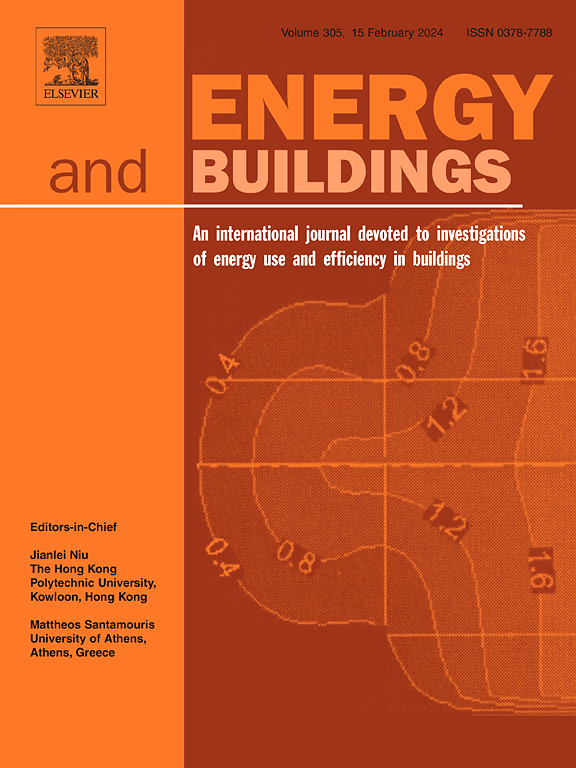A Comprehensive Review of Life Cycle Assessments for Domestic Heat Pumps: Environmental Footprint and Future Directions
IF 6.6
2区 工程技术
Q1 CONSTRUCTION & BUILDING TECHNOLOGY
引用次数: 0
Abstract
With the growing need for economical and energy-efficient space heating solutions in residential buildings, heat pumps have emerged as a promising alternative for domestic heating systems. Heat pumps are a key piece of equipment in the global shift to a safe and sustainable heating technology. This review presents a thorough analysis and synthesis of Life Cycle Assessment (LCA) on domestic heat pumps and commences with the basic ideas behind heat pump technology as well as the need for LCAs in determining the technology’s environmental impact This review systematically addresses several aspects, it (i) examines the existing literature on LCAs conducted for domestic heat pumps, aiming to assess their environmental effect across their life cycle stages; (ii) discusses the key environmental indicators and parameters commonly assessed in LCAs for domestic heat pumps; (iii) states the challenges, limitations, and restrictions in conducting LCAs for these systems. Due to the missing data and inconsistency of relevant parameters such as functional units, refrigerants, electricity mix, and others, this investigation highlights the necessity for standardized methodologies and data quality refinements, which should account for electricity mix variability, refrigerant leakage, and relevant performance metrics. Conducting a comprehensive review of LCA studies over the last two decades offers this study a novelty in identifying inconsistencies in key assessment criteria and proposes a structured approach to standardizing LCA methodologies for heat pumps. This offers recommendations for future research directions to support the development of sustainable heating technologies in residential structures. In conclusion, the LCA conducted on heat pumps reveals valuable insights into their environmental impact across various stages. Moreover, the findings of this LCA contribute to the broader discussion on eco-friendly and energy-efficient residential heating solutions.

求助全文
约1分钟内获得全文
求助全文
来源期刊

Energy and Buildings
工程技术-工程:土木
CiteScore
12.70
自引率
11.90%
发文量
863
审稿时长
38 days
期刊介绍:
An international journal devoted to investigations of energy use and efficiency in buildings
Energy and Buildings is an international journal publishing articles with explicit links to energy use in buildings. The aim is to present new research results, and new proven practice aimed at reducing the energy needs of a building and improving indoor environment quality.
 求助内容:
求助内容: 应助结果提醒方式:
应助结果提醒方式:


